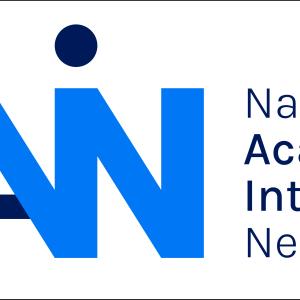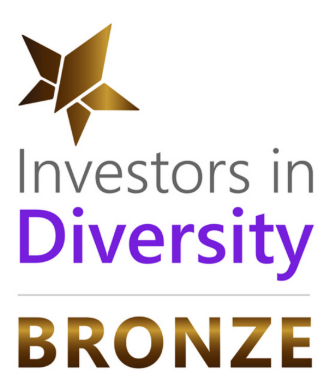NAIN resource page

Academic integrity resources
This is a collection of national and international materials and resources related to academic integrity which may be of use to those who teach and assess in higher education.
For Irish educators seeking to understand the basics of academic integrity, a good place to start is the NAIN National Principles and Lexicon of Common Terms. These provide support for institutions in developing their approach to academic integrity, and promote a common terminology when talking or writing about academic integrity in the context of Irish higher education.
Fostering academic integrity in learning and teaching digital badge - UCC
This self-paced short course is aimed at academic staff, academic support staff and those who support student learning. It covers the following six modules
- Identify the core principles of academic integrity.
- Describe key points of engagement or intervention across the student journey in relation to academic integrity.
- Analyse reports from plagiarism detection software from different disciplinary perspectives.
- Evaluate responses to potential academic misconduct examples based on your understanding of relevant policies and procedures.
- Reflect on your role in fostering a culture of academic integrity in the university.
ChatGPT: How do I use it as a force for good - QAA
This QAA panel discussion includes insights from Dr Maha Bali from The American University in Cairo; Dr Bron Eager from the University of Tasmania; Michael Webb from Jisc; and Jack Medlin from Keele University Students' Union (Keele SU) on questions such as:
- How can ChatGPT support and facilitate deeper learning?
- How can it make teaching easier?
The advent of artificial intelligence has significantly impacted academic integrity. This development challenges traditional assessment methods and requires innovative approaches to uphold the values of honesty, trust and fairness in academic settings, ensuring that learning remains a genuine reflection of individual effort and understanding.
For recommendations and guidelines on what Irish students, lecturers, programme managers and institutional leaders need to know, the National Academic Integrity Network’s Generative Artificial Intelligence: Guidelines for Educators provides good initial guidance.
Practical Responses to ChatGPT and Other Generative AI - Montclair University
This guide provides tips on teaching with genAI and how to mitigate cheating and non-learning
Teaching in the age of AI - Vanderbilt University
This guide considers the following questions:
- What is generative AI, and where can it be found?
- How can I harness generative AI tools in my teaching to improve student learning?
- How can I craft assignments that deter unauthorized use of generative AI?
- How does academic integrity relate to generative AI tools?
- What resources are there for instructors who want to engage with generative AI tools?
This blog shares an outline lesson plan 'Understanding ChatGPT: Benefits and limitations' with suggestions for:
- Learning objectives
- Lesson preparation
- Learning activities
- Follow-up activities
The following resources provide guidance on developing and honing assignment and assessment strategies to take account of generative artificial intelligence.
Rethinking writing for assessment in the era of artificial intelligence
This presentation by Anna Mills of Cañada College, California proposes answers to the following questions:
- How well does ChatGPT mimic academic writing?
- Can we out-prompt it?
- Can we detect it?
- How can we assign writing so as to deter misuse?
- How might we want to integrate it into our pedagogy?
ChatGPT: What should assessment look like now? - QAA
This webinar looks at the implications of ChatGPT in higher education and features contributions from Dr Jan McArthur from Lancaster University; Matthew Glanville from the International Baccalaureate; Dr Thomas Lancaster from Imperial College London; and George Bryant-Aird from Edge Hill University on key questions such as:
- How do you design assessments now that students can use ChatGPT?
- What does ‘innovative authentic assessment’ mean?


